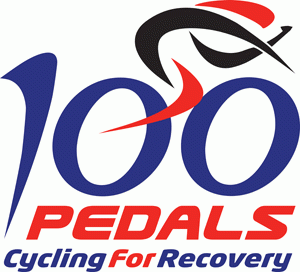“Everybody has a beast…this isn’t a concept…exclusive to addicts and alcoholics. The beast is an entity that lives inside of everybody; it’s your negative self-talk.”
From my first hand experiences to listening to hundreds of stories from parents, siblings, adults, and children, I have become painfully educated on the impact of addiction on people’s lives. Be it alcohol, drugs, video games, and gambling I have heard incredible stories about promising lives ruined by some form of addiction or another.
I have learned a great deal about the triggers for and impact of addiction. Though addiction is a direct and destructive route to ruin, there are other demons out there that also have powerful, adverse, though more subtle influences on people’s lives.
Everyone of us lives with a demon of our own and much of it is embedded in our own self-perception and self-talk. While this demon may not be as physically or psychologically as damaging as addiction, it can still interrupt a promising life in its own silent, tortuous way.
The prompt for this perspective was an article by Dr. Howard Samuels entitled, “Addiction: Everybody Has A Beast.” Samuels asserts that in alcoholics or addicts, the beast is obvious. For everyone else — “normies” as he calls them — recognition and awareness of the beast within us is not as prevalent. This is not to say that alcoholics are better in dealing with their beast, they merely have a greater sense of what that beast is.
As I continue to meet and interact with people — addicts and non-addicts alike — there is a great deal of insightful truth here. Everyone I meet struggles with something. Much of it is related to self-perception, doubt, fear, anxiety, and self-worth. For the addict, they have found a way to tame the beast — it is called escape. Many “normies” simply attempt to suppress or ignore the beast, if they are aware the beast exists. Regardless, there is a beast that lives within every one of us.
According to Dr. Samuels, the cure is linked to making a concise decision:
And so the challenge, then, is re-educating yourself and learning how not to listen to that voice that plays you out of pocket every time. And in my experience, nobody does that alone. It takes work to create a space where you can investigate the validity of the voices that motivate and inspire you — and to transform those voices into voices that motivate and inspire you in a positive way.
We decide how we want to live and we decide what we want from our lives. But that’s only possible once we’ve made a conscious commitment to stop being human piñatas — stop being victims — and truly take responsibility for our lives and face our problems head-on; because it is then, and only then — whether we’re addict/alcoholics or normies — that we can truly slay the beast within.

